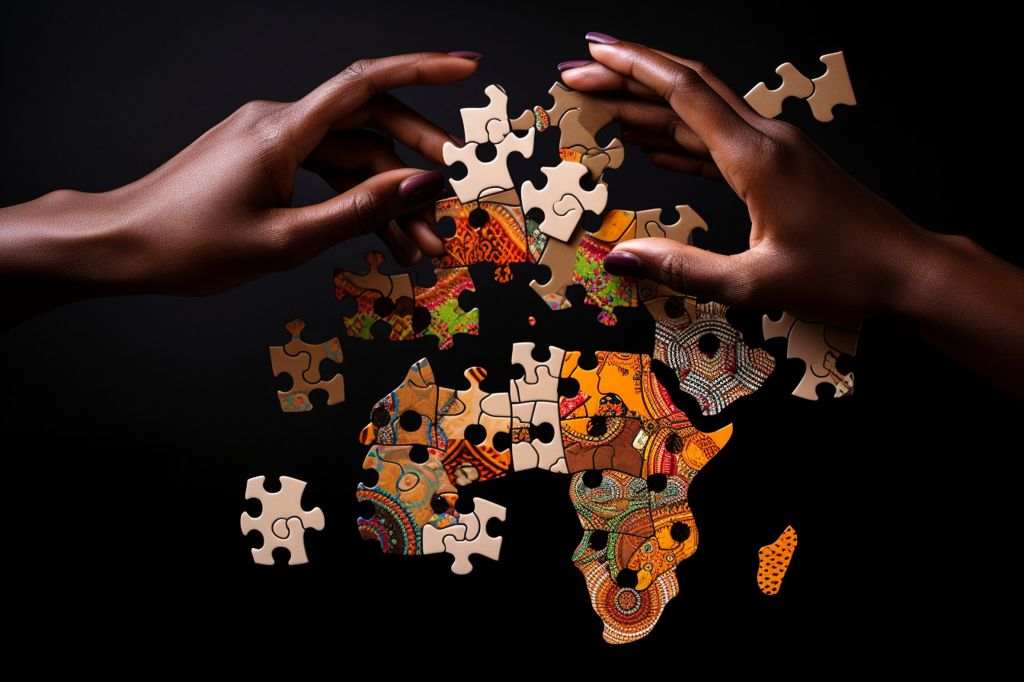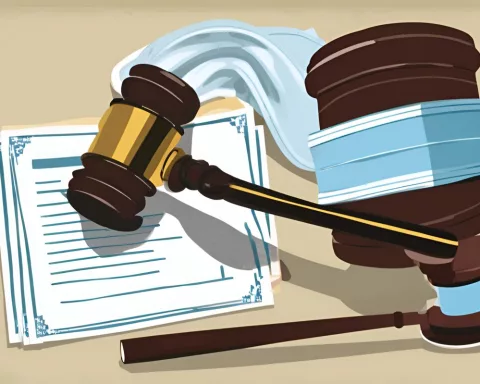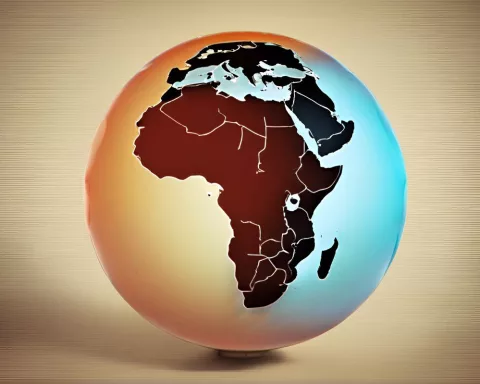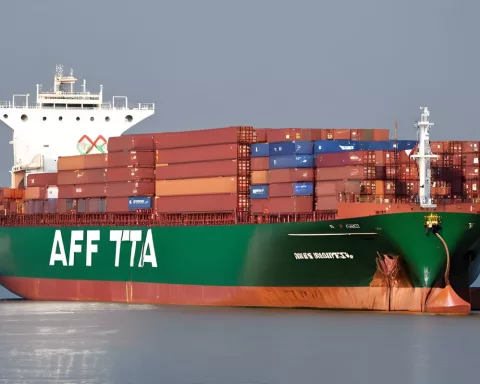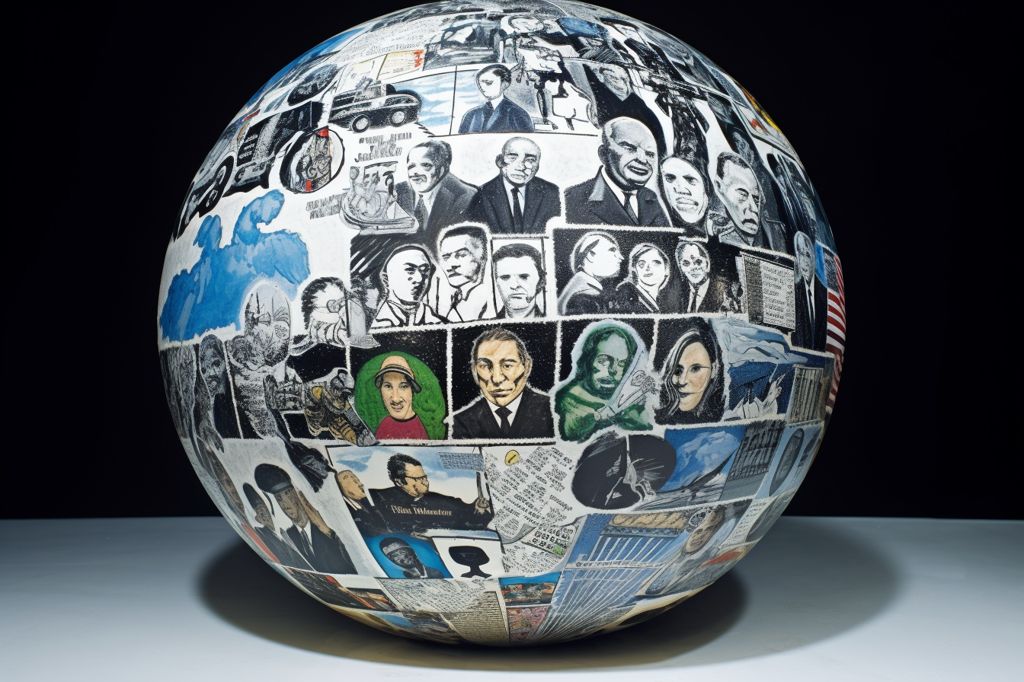President Cyril Ramaphosa’s Africa Day speech highlighted the importance of unity, resilience, and collaboration among African nations. He spoke at the Cradle of Humankind in Gauteng, a location known as Maropeng, which means “returning to the place of origin.” This setting symbolized Africa’s rich history and promising future.
Overcoming Adversity
President Ramaphosa acknowledged Africa’s troubled past, including colonization, slavery, and apartheid. Despite these challenges, Africa has risen to defend its liberty and independence. He referenced Pixley ka Isaka Seme’s 1911 lecture, “The Regeneration of Africa,” which inspired the continent and reaffirmed its resilience.
Collective Response to COVID-19
Africa’s collective response to the COVID-19 pandemic is one of its most notable achievements. Despite fears that underdeveloped nations would be devastated, the continent’s unity and collaboration under the African Union enabled the development and implementation of solutions. This collective action not only saved lives but also provided momentum for further integration and cooperation.
Homegrown Capabilities
President Ramaphosa highlighted the expertise and innovation of African scientists, researchers, and organizations, emphasizing the importance of nurturing homegrown capabilities. This self-reliance and collaboration are essential for rebuilding economies, restoring hope, and charting a new future for Africa.
Economic Integration
The African Continental Free Trade Area (AfCFTA) is another landmark achievement in fostering economic integration. Progress is being made in operationalizing the AfCFTA, including the commencement of trade in some regions, training of small businesses, and plans for a $10 billion AfCFTA Adjustment Fund.
Commitment to Peacebuilding
As South Africa reaffirms its commitment to peacebuilding, President Ramaphosa calls for consolidating democracy and good governance across Africa. He supports the African Peer Review Mechanism and commits to achieving the Sustainable Development Goals, promoting gender equality, reducing poverty, inculcating sustainability, and mitigating climate change.
Addressing Challenges
President Ramaphosa acknowledges the challenges that Africa faces, such as conflict, multinational exploitation, and social divisions. The continent has experienced being drawn into proxy wars and seeks to preserve its independence and non-aligned foreign policy. He emphasizes that Africa must remain focused on the ideals of the Organization of African Unity (OAU) and the African Union, as well as the aspirations of the AU Agenda 2063.
Striving for Unity
In conclusion, on Africa Day, President Ramaphosa urges Africans to find strength in diversity and strive for unity. He calls for empathy, compassion, and a commitment to co-existence as part of the African identity. By upholding these values and working together, Africa can overcome even the greatest of difficulties and achieve a peaceful, prosperous, and united future.

